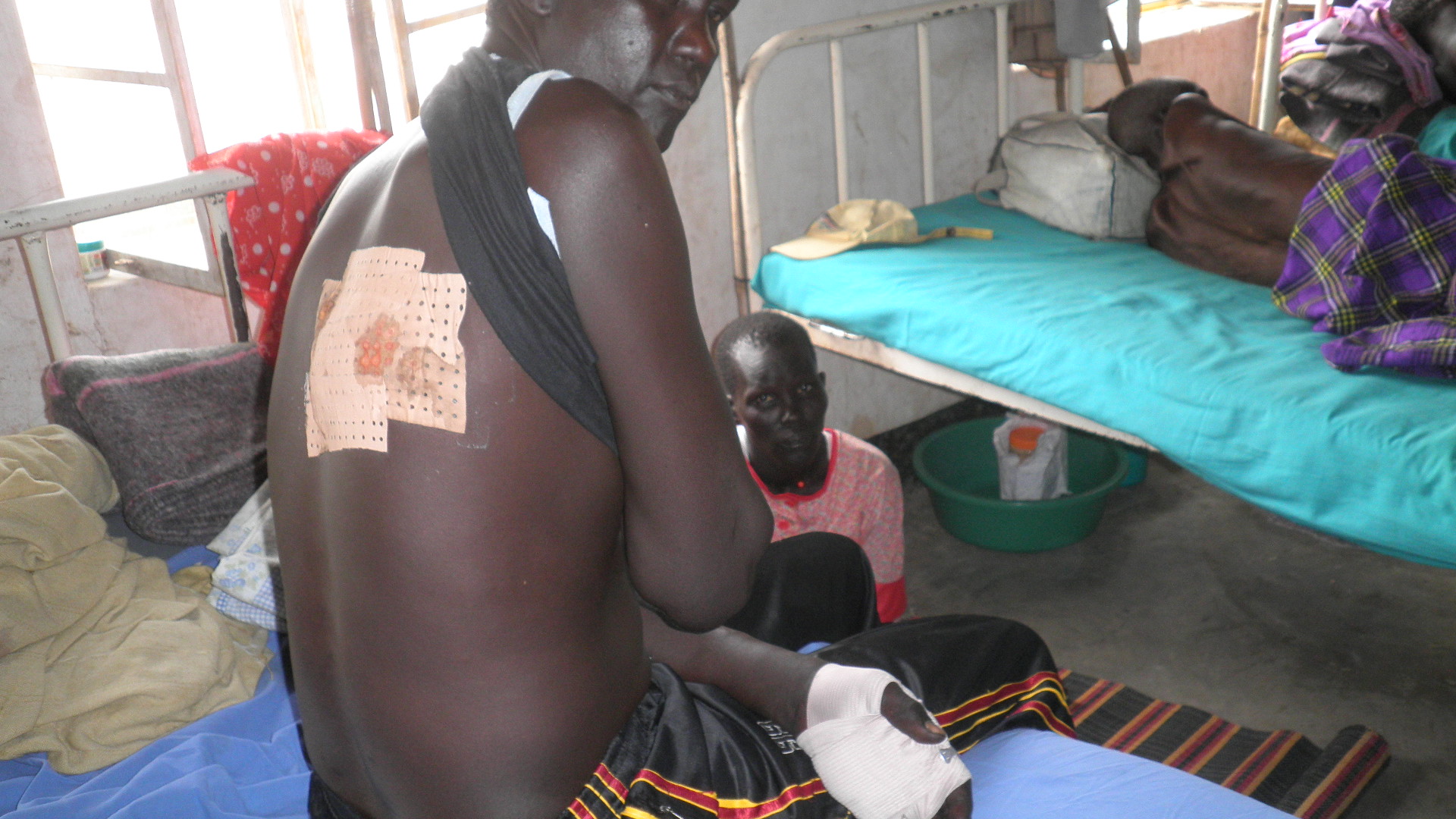Three killed in Jonglei despite peace deal
May 11, 2012 (BOR) – Three people have been killed and three others injured in attacks allegedly conducted by Murle tribesmen in Jonglei, local officials say, days after a “comprehensive peace deal” was signed between the state’s communities.

In Twic East two people were killed and one person was injured on Wednesday 9 May when attackers, again assumed to be members of the Murle tribe, captured 32 heads of cattle, according to Dau Akoy, the county commissioner. South Sudan’s army (SPLA) later rescued the cows, Akoy said.
Speaking to Sudan Tribune from his base in Panyagoor, Akoy said the attack was the first since the Jonglei peace deal was signed in Bor on Saturday 6 May.
He said the attack was launched on a group of traders from Bor, Twic and Duk counties. The cattle were returned by the SPLA after “exchanging gunfire with the criminals,” he said.
Akoy appealed to the people of Jonglei State, in particular to the Murle community, to control those in their communities who take part in cattle raids and illegal activities. “These criminals have their fathers; chiefs and a commissioner who can control them,” he said.
Traditional leaders from the six tribes of Jonglei and some members of peace committee appointed by President Salva Kiir and civil society groups are currently in Pibor County, home of the Murle, to monitor the implementation of the peace deal.
Jonglei’s minister of law enforcement, Gabriel Duop Lam, admitted that peace deal signed on 6 May will not stop attacks immediately as it will take time to convinced the raiders to stop their criminal activities.
State governor, Kuol Manyang Juuk, said last week that since June 2011, when the violence escalated, there have been 3,651 people killed, 385 people wounded, 1,830 children abducted and 3,983,613 cattle stolen. The UN have dismissed some of the higher casualty estimates. Such figures are often compiled by officials from the communities affected.
The United Nations Special Representative of the Secretary General (SRSG) in South Sudan, Hilde F. Johnson, asked the Nuer, Dinka, Murle, Jie, Kachipo and Anuak of Jonglei “say no to violence” and honour the peace accord.
Speaking during the 6 May signing ceremony witnessed by president Kiir, Johnson said that the deal between the six ethnic groups must be respected to the cycle of violence.
“Today is the opportunity to say no to violence,” Johnson said. “We need to see peace reach the communities, the grassroots, and the cattle camps”.
She stressed that long lasting peace can only come when comprehensive solutions to Jonglei’s challenges are found. “Resolutions are not enough. We need to see peace be followed by dividends of peace for the people.”
Before the peace conference a six week disarmament campaign collected over 10,000 small arms from the the civilian population. However, some groups attempted to avoid the process and did not attend the peace conferences.
The disarmament campaign “has been mostly peaceful and you have seen disciplined behaviour”, she said. Johnson said the United Nations Mission in South Sudan was committed to help Jonglei find sustainable peace.
“We are committed to help you turn this new chapter and open the new chapter for peace on sustainable basis”, Johnson said.
As well many arms being leftover from Sudan’s two-decade civil war, it is widely believed that some of the arms used in raids and counter raids by Jonglei’s young men were disseminated by rebel groups operating in the area. Juba says that groups loyal to the late George Athor and David Yauyau are backed by Khartoum on order to destabilise the South Sudan.
Since the end of March Sudan and South Sudan have fought a border conflict centering around the disputed Heglig/Panthou oil region. The UN and AU have called for the two sides to cease hostilities and return to talks to resolve the mnay issues that arose from South Sudan’s secession in July last year.
Johnson said peace in Jonglei would be hard to achieve if the conflict between Sudan and South Sudan continues. Part of UNMISS’s mandate is protect civilians in the world’s newest state, a role critics have said it failed to fulfill during spikes in violence in June, August and December last year.
However, Johnson has defended the UN mission pointing out to the BBC in an interview in February that UNMISS was their to support the government of South Sudan. She also pointed out that they could not have responded any faster considering the remoteness and poor infrastructure of Jonglei and the low number of helicopters available to them.
(ST)
